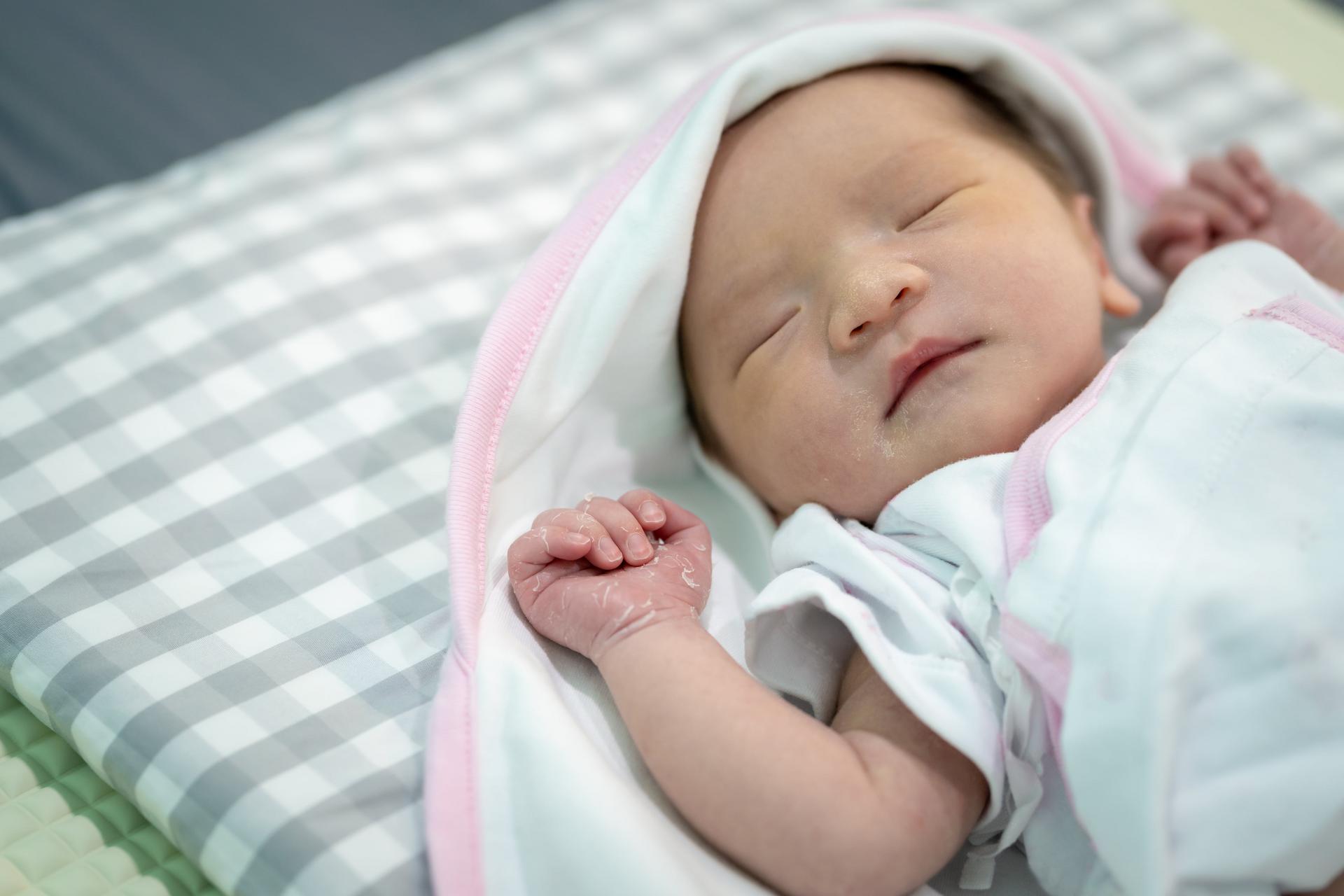Expecting a baby is not just about the baby growing your womb, it’s also about all the changes you go through with your body.
Panduan Lengkap Perubahan Tubuh Ibu Mengandung
Menimang cahaya mata bukan semata-mata mengenai bayi yang membesar dalam rahim anda, tetapi juga mengenai semua perubahan yang dilalui oleh ibu mengandung. Tubuh, seperti mesin yang diselenggara dengan baik, dapat menyesuaikan diri dengan status barunya, berubah dan berkembang mengikut keperluan ibu dan bayi. Perubahan ini kadang-kadang boleh menyebabkan stres dan ketidakselesaan, tetapi ada kalanya ibu mengandung tidak menyedari bahawa perubahan sedang berlaku.
Ketidakselesaan ini biasanya membuatkan kehadiran bayi lebih dirasai pada awal dan akhir kehamilan. Secara umum, kehamilan dibahagikan kepada tiga peringkat utama:
Peringkat Pertama: Tempoh Penyesuaian (0-3 Bulan)
Peringkat ini merangkumi tiga bulan pertama kehamilan. Pada fasa ini, ibu mengandung akan mula merasai perubahan hormon yang boleh menyebabkan keletihan, mual, dan emosi yang tidak stabil. Sesetengah ibu mengalami gejala yang kuat, manakala yang lain mungkin hanya merasakan perubahan ringan. Penyesuaian tubuh ini penting untuk mempersiapkan diri dalam menyokong pertumbuhan janin.
Peringkat Kedua: Tempoh Stabil (4-7 Bulan)
Pada peringkat ini, tubuh ibu mengandung dan bayi mula menyesuaikan diri. Ketidakselesaan yang dialami pada trimester pertama kebiasaannya berkurangan. Kebanyakan ibu merasa lebih bertenaga, selera makan meningkat, dan emosi menjadi lebih stabil. Perut yang semakin membesar mula kelihatan, dan beberapa perubahan fizikal seperti pembengkakan kaki dan sakit belakang mungkin mula dirasai.
Peringkat Ketiga: Tempoh Persediaan Bersalin (8-9 Bulan)
Fasa ini merangkumi tiga bulan terakhir kehamilan. Bayi membesar dengan pesat, memberikan tekanan kepada organ dalaman ibu mengandung. Ini boleh menyebabkan ketidakselesaan seperti sesak nafas, kerap buang air kecil, dan sukar tidur. Walaupun mencabar, peringkat ini penting untuk ibu berehat secukupnya dan membuat persediaan untuk kelahiran.
Ketidakselesaan Biasa yang Dialami Ibu Mengandung
1. Mual dan Muntah: Hampir 50% ibu hamil mengalami mual, terutamanya pada trimester pertama. Keadaan ini biasanya bermula sekitar minggu ketiga kehamilan dan jarang berlanjutan selepas bulan keempat.
2. Ketidakselesaan Perut: Ketidakhadaman, asid refluks, dan pedih ulu hati sering berlaku sejak awal kehamilan dan boleh berterusan sehingga bersalin.
3. Sembelit: Pembesaran rahim boleh menekan usus, menyebabkan sembelit. Ibu mengandung disarankan untuk mengambil makanan berserat tinggi dan minum air secukupnya.
4. Cirit-birit: Jika berlaku, elakkan mengambil ubat tanpa nasihat doktor kerana ia boleh menjejaskan kesihatan ibu dan bayi.
5. Pengeluaran Air Liur Berlebihan: Keadaan ini sering terjadi bersama mual dan menyebabkan kerap menelan air liur.
6. Pening dan Berdebar-debar: Biasanya dialami pada awal kehamilan akibat perubahan hormon atau anemia yang biasa berlaku dalam kalangan ibu hamil.
7. Sesak Nafas: Ketika rahim semakin membesar, ia memberi tekanan pada paru-paru dan tulang rusuk, menyebabkan sesak nafas terutama pada trimester ketiga.
8. Kekejangan: Kekejangan pada kaki dan pinggul sering berlaku pada waktu malam. Ia biasanya disebabkan kekurangan kalsium atau vitamin B dalam badan.
9. Sakit Pinggang dan Belakang: Kesakitan ini sering dirasai selepas bulan kelima kehamilan apabila ibu mengandung menyesuaikan postur badan dengan perut yang semakin besar. Senaman ringan seperti yoga kehamilan boleh membantu melegakan kesakitan.
10. Mengantuk dan Insomnia: Pada peringkat awal kehamilan, ibu mengandung sering merasa letih, tetapi pada trimester terakhir, tidur menjadi sukar akibat pergerakan bayi, kekejangan, atau ketidakselesaan lain.
11. Keluaran Tidak Normal: Perubahan pada keluaran boleh menjadi petanda masalah. Jika terdapat bau atau warna yang luar biasa, segera berjumpa doktor.
12. Urat Bersimpul dan Buasir: Berlaku akibat gangguan peredaran darah dan perubahan hormon. Meninggikan kaki semasa berehat boleh membantu mengurangkan simptom.
13. Tanda Regangan: Garis merah jambu mula muncul pada kulit seiring pertumbuhan bayi. Selepas bersalin, tanda ini biasanya berubah menjadi putih dan kekal.
14. Edema: Tubuh ibu hamil menyimpan lebihan air yang menyebabkan bengkak pada tangan dan kaki. Rehat mencukupi dan minum air yang cukup boleh membantu mengurangkan keadaan ini.
Perjalanan kehamilan adalah pengalaman yang penuh dengan perubahan fizikal dan emosi. Setiap ibu hamil mungkin melalui pengalaman yang berbeza-beza, tetapi memahami perubahan ini dapat membantu anda lebih bersedia dan tenang menghadapi cabaran kehamilan. Jika terdapat sebarang ketidakselesaan yang membimbangkan, jangan ragu untuk berunding dengan doktor. Kehamilan bukan hanya tentang melahirkan anak, tetapi juga tentang menjaga kesihatan diri agar ibu dan bayi dapat melalui perjalanan ini dengan sihat dan bahagia.

